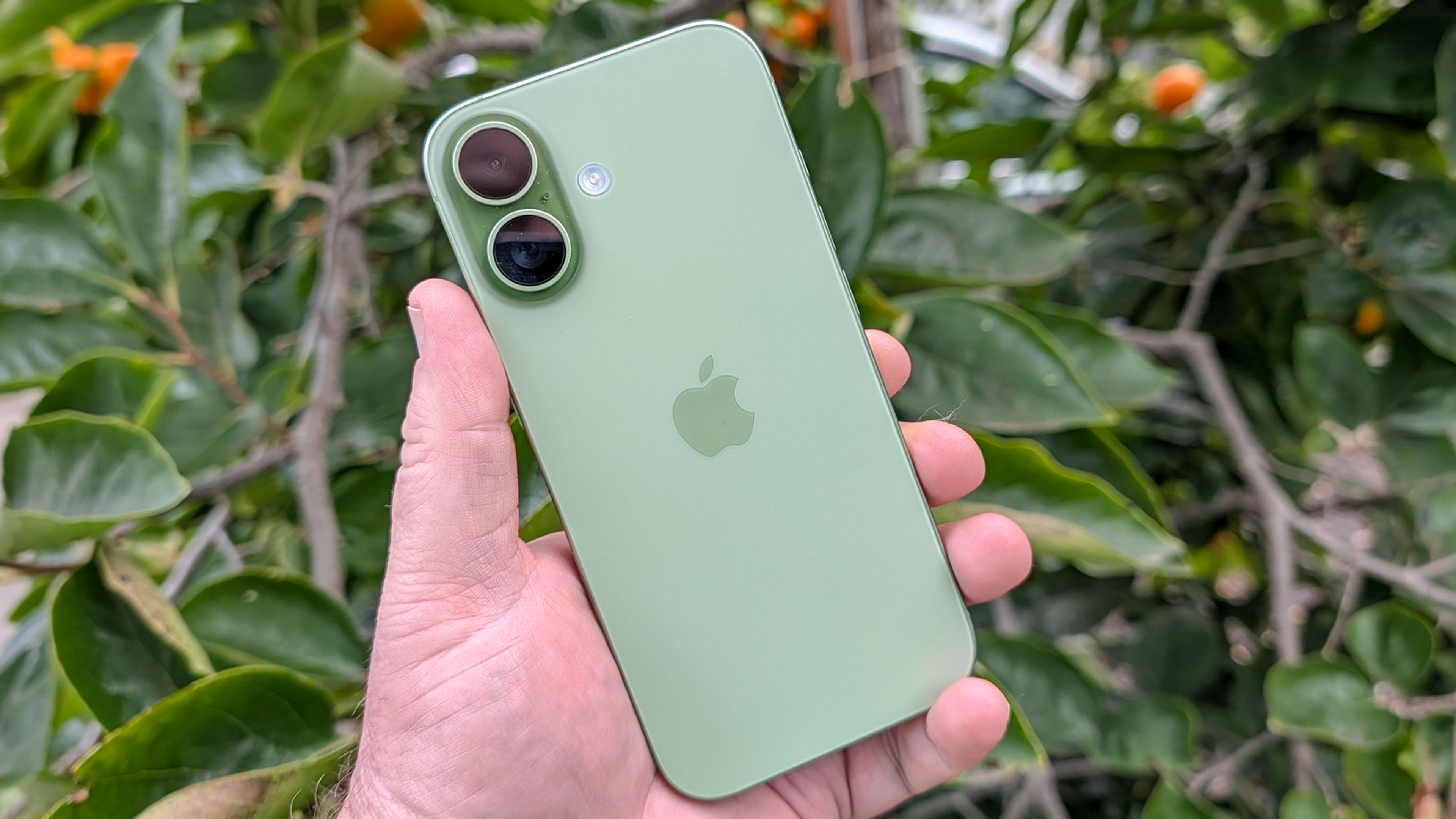VPN app threatens 100 million: Delete it right now
The hugely popular SuperVPN app has critical vulnerabilities, which is why you should remove it immediately.

Here at Tom’s Guide our expert editors are committed to bringing you the best news, reviews and guides to help you stay informed and ahead of the curve!
You are now subscribed
Your newsletter sign-up was successful
Want to add more newsletters?

Daily (Mon-Sun)
Tom's Guide Daily
Sign up to get the latest updates on all of your favorite content! From cutting-edge tech news and the hottest streaming buzz to unbeatable deals on the best products and in-depth reviews, we’ve got you covered.

Weekly on Thursday
Tom's AI Guide
Be AI savvy with your weekly newsletter summing up all the biggest AI news you need to know. Plus, analysis from our AI editor and tips on how to use the latest AI tools!

Weekly on Friday
Tom's iGuide
Unlock the vast world of Apple news straight to your inbox. With coverage on everything from exciting product launches to essential software updates, this is your go-to source for the latest updates on all the best Apple content.

Weekly on Monday
Tom's Streaming Guide
Our weekly newsletter is expertly crafted to immerse you in the world of streaming. Stay updated on the latest releases and our top recommendations across your favorite streaming platforms.
Join the club
Get full access to premium articles, exclusive features and a growing list of member rewards.
A VPN with more than 100 million installs has been removed from the Google Play Store. And if you have it on your Android phone, you should delete it right now.
According to VPNPro, SuperVPN, a free VPN client, is “an amazingly dangerous” app. The problem? It has critical vulnerabilities that allow for man-in-the-middle attacks. And that means that hackers can easily intercept communications and redirect users to a hacker’s server instead of the real thing.
- The best VPNs you can trust
- Best Android antivirus apps
- Latest: WhatsApp just got a huge upgrade
As reported by TechRadar, VPNPro had reached out to Google as part of its Google Play Security Reward Program on March 19, and at that time the company had validated the vulnerability.
Unfortunately, neither Google nor VPNPro was able to reach the developer, SuperSoftTech, in order to patch the issue. Google then removed the SuperVPN altogether on April 7 from the Google Play Store.
To put the popularity of SuperVPN in perspective, it has about the same number of installs as Tinder.
Why SuperVPN is so dangerous
The analysis of the SuperVPN app found multiple troubling issues. For instance, on one of the multiple SuperVPN hosts, the package or payload of data being sent from the app “contained the key needed to decrypt the information.”
This vulnerability allowed VPNPro to replace the SuperVPN server data with its own server data. Another big no-no is that some data was being sent via unsecured HTTP, which is unencrypted. That means anyone sniffing can read your communications.
Get instant access to breaking news, the hottest reviews, great deals and helpful tips.
Apparently, SuperVPN had already been named the third-most malware-rigged app in 2016 in an Australian research article, but the app continued to grow in popularity. This was accomplished via such blackout SEO tricks as generating a large amount of fake reviews.
There is a SuperVPN app listed in the Apple App Store that's still available as of this writing that has "cheng cheng" listed as its developer. But it's not clear whether it has the same vulnerabilities as the Android version. Regardless, we would be wary of downloading it.
Mark Spoonauer is the global editor in chief of Tom's Guide and has covered technology for over 20 years. In addition to overseeing the direction of Tom's Guide, Mark specializes in covering all things mobile, having reviewed dozens of smartphones and other gadgets. He has spoken at key industry events and appears regularly on TV to discuss the latest trends, including Cheddar, Fox Business and other outlets. Mark was previously editor in chief of Laptop Mag, and his work has appeared in Wired, Popular Science and Inc. Follow him on Twitter at @mspoonauer.
 Club Benefits
Club Benefits











